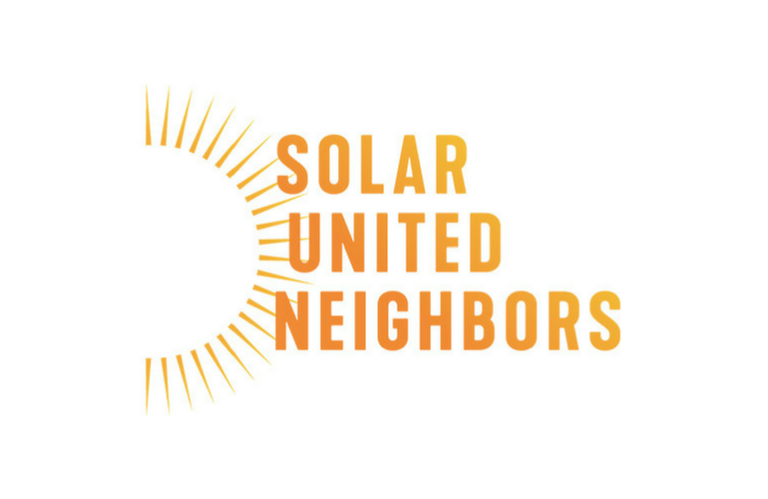This week, solar practitioners with a combined quarter of a century of experience, Energy Allies And Solar energy United Neighbors (ZON) has announced that the two nonprofits will combine. They do this to expand their capacity to help low- and middle-income families benefit from solar energy energy. Energy Allies will bring their deep community solar expertise to SUN’s deep rooftop solar experience.
“The sun is shining everywhere, but not everyone can benefit from the sun’s rays yet,” says Anya Schoolman, executive director of Solar United Neighbors. “Together with Energy Allies will create a powerful force to help more families save money by taking control of where they live energy comes from.”
Over the past five years, SUN has deployed rooftop solar to low- and middle-income families, developing a model tailored to work in diverse communities across the country. It has staff on the ground in a dozen states, DC and Puerto Rico. SUN’s group purchasing model focuses on solar energy as an instrument for prosperity. It focuses on ownership regardless of income level.
Installing rooftop solar and owning the system from day one is the most financially beneficial solution for low- to moderate-income homeowners. Solar ownership is declining energy bills, increases the value of homes and in some places can provide additional income in the form of sustainable solar energy energy credits. SUN’s work shows that owning rooftop solar financially benefits low- and middle-income families.
“A just transition cannot happen if millions of families do not have access to clean, affordable food energy”, said Yesenia Rivera, Energy Alliesexecutive director. “These are exactly the people who should lead. That’s why we help communities develop solar energy projects.”
Rivera will join SUN’s Executive Team as Vice President of Energy Equality and inclusion. She brings her deep community organizing experience in climate-affected communities, as well as her expertise in solar project development.
Energy Allies is working to identify barriers to community solar. It developed an approach that puts communities at the center and ensures that climate-impacted communities make the decisions about deploying community solar projects. Their work shows that a community-led approach can be successful and deliver the most benefits for communities.
The ways in which families gain access to clean energy depends on their ownership status. More than half (53%) of low- and middle-income households are renters. It is critical that these families lead the clean transition energy. Community solar is the only way for renters and those who don’t have a good solar roof to get clean access energy. SUN and Energy Allies will create a unique knowledge center to connect low- and middle-income families to solar energy energy.
The partnership between the organizations follows the announcement of the Biden administration’s Solar for All program. Solar for All, created under the Inflation Reduction Act, will invest $7 billion to enable low-income and disadvantaged communities to benefit from residential solar energy energy. The program will work with state, local and tribal governments, as well as nonprofits, to implement the funding.
News item from Solar United Neighbors


